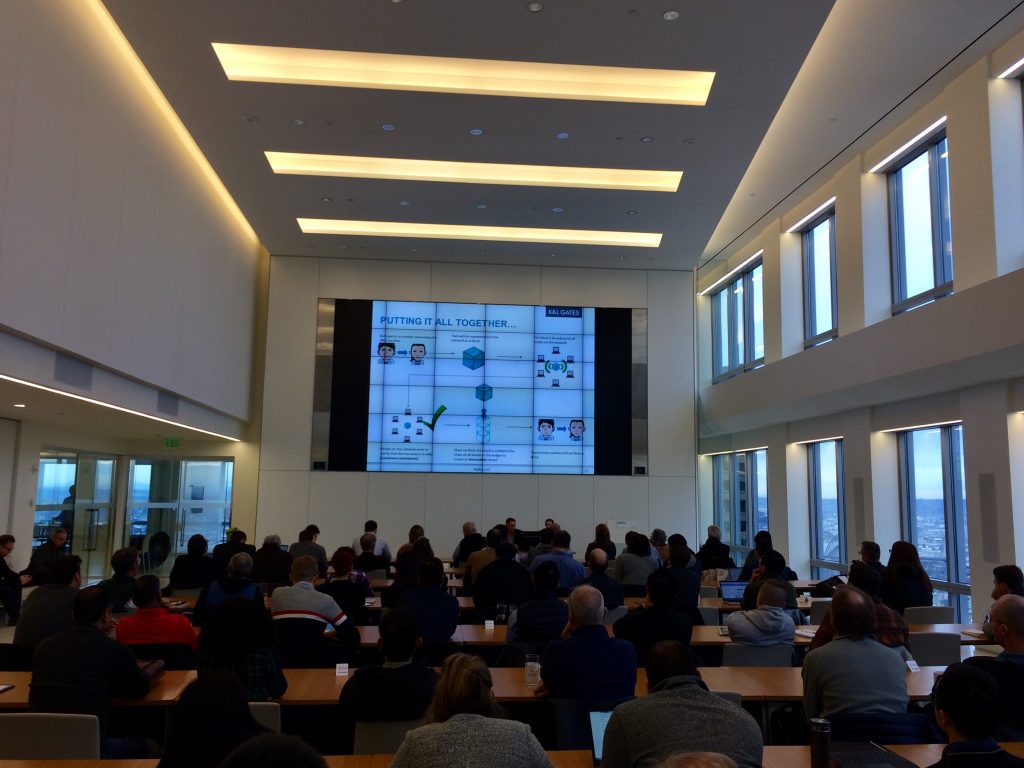
This week, I participated in a panel discussion on the impact of The Fourth Industrial Revolution and how we will design business solutions using new technologies like AR/VR, Artificial Intelligence, Big Data, Blockchain and the Internet of Things. Since these tools are in rapid development and early stages of adoption, naturally we talked about the need for education.
Dr. Joseph Williams, Governor Inslee’s ICT Sector Lead and State of Washington Economic Development Director, emphasized our state government’s commitment to providing lifelong learning programs. His organization understands people, working in industries that are changing rapidly because of new technology, must be trained in new skills. For example, if autonomous trucks take off, truck drivers will need different jobs. Vocational training will help prepare them for their next career.
We can learn new skills without waiting to be told to do so. Humans are naturally curious. That curiosity feeds our drive to absorb knowledge, expand our thinking and create new ideas.
Formal job training is one important type of life long-learning. We can read massive amounts of material online, and build personal libraries from digital bookstores and from public libraries. Choices for traditional, formal programs at educational institutions range from undergraduate and graduate school degrees, certificate programs and continuing education classes, both in classrooms and online.
We can also manage our learning independently. Self-serve learning options like Coursera, Udemy, Open University on iTunes, and LinkedIn Learning bring a world of courses to our doors. New peer-to-peer learning platforms like , built with blockchain technology, make it possible to learn anywhere, anytime from the teacher of your choice, without the constraints of institutional structures, schedules and fees. You can learn just about anything by watching a YouTube video. Webinars abound.
If we want to learn in an environment with other people, there are Meetups, industry events and conferences, networking events, and neighborhood classes every day of the week.
We can embrace the innate curiosity that we all have as children; it’s still accessible to us. Life-long learning starts the day we’re born and can happen any day we choose. Never underestimate our ability to learn and process all this information. It will take bravery to admit that we don’t know something and it may take extra energy to find the answers. If we tap into our desire to learn and ask each other “Why?” “How come?” “How does that work?”, we will unlock our potential and we will grow.
This conversation energized me and I’ve started an experiment. Every day I am recording the things I’ve learned. That means admitting what I don’t know and looking up stuff. So far this week I have learned:
• Nigerian cuisine features delicious, spicy beef stews
• Dolmas can be wrapped in vegetables other than grape leaves
• Luanda is the capitol of Angola
• Central Park is the most often filmed park in the movie industry.
• There will be 80 billion connected devices in 2025, generating 180 trillion gigabytes of data in that year alone.
I learned about the impact of technology on work and how management must guide the adoption of new technology to benefit their valuable workers and grow revenue while minimizing chaos and fear of change. I constantly relearn that storytelling makes absorbing new information easier and more fun. I learned that all of this adds up to a good week.
What are we going to learn next week? Let’s go!